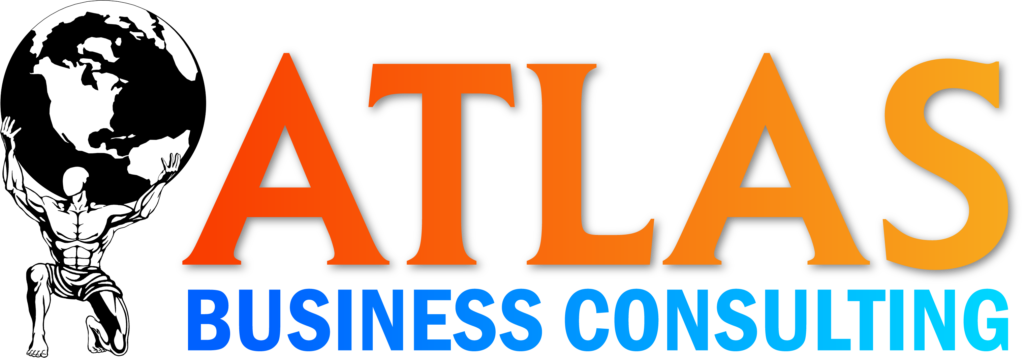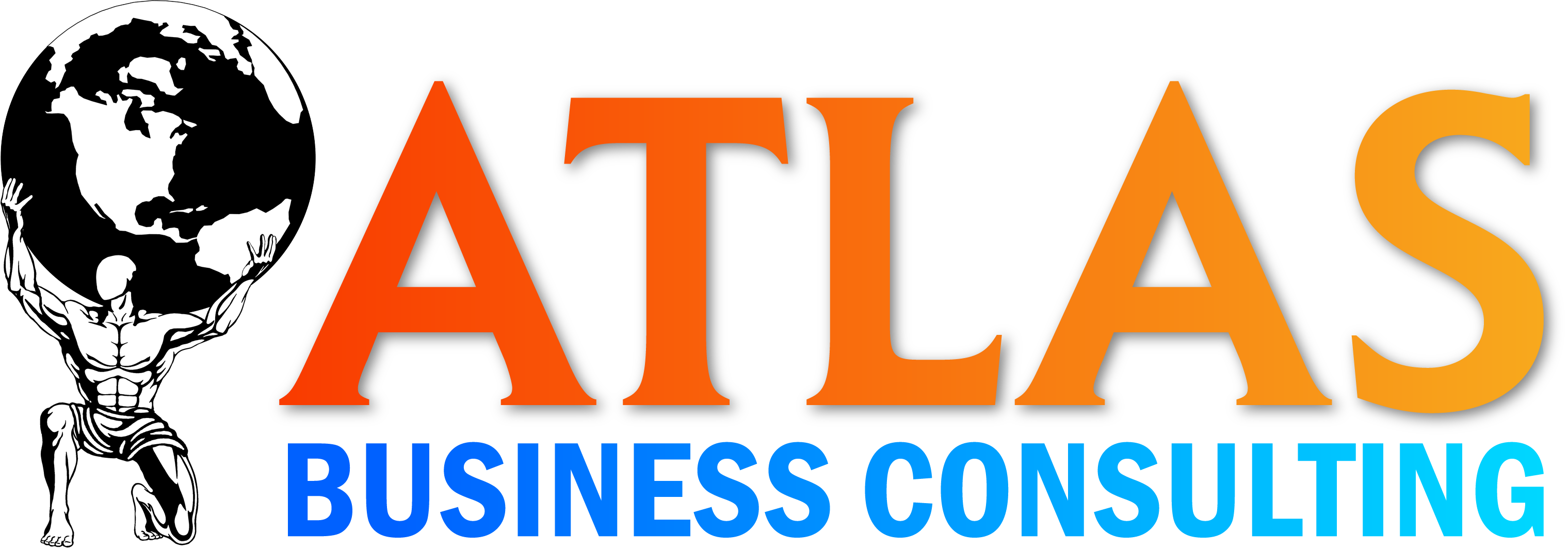Conquering the Challenges of Life & Business

Buckle up! This is going to be a ride. This is going to be the tip of the iceberg when it comes to how to conduct an interview, but here we go!
It comes down to the answers to a few simple questions with many interviews: Would I grab a beer with them? Would I let them watch my dog?
That is what you’re trying to figure out when doing an interview. When you conduct interviews, you research “what I am not allowed to ask.” What you’re not allowed to ask does not matter. If you look through the lens of what we’re about to enter, you’re allowed to ask questions based on everything we’re going to explain.
In his book courageous leadership, Bill Hybels lays out the three C’s you want for a team member. They are chemistry, competency, and character. In a 30-minute interview, you will not be able to grasp all of the 3 C’s. That’s why the first 90 days are when the interview starts. The actual 30-minute consultation Is simply trying to get a feel for if you would grab a beer with them and if you would let them watch your dog. So much goes into this app over time.
Chemistry: Does this person jive well with me, the organization, and the person they would be directly working with?
Competency: Does this person have the social cues to fit in my culture, and are they competent on the job? Do they know about whatever you work on, present or sell? Do they know how that works?
Character: Who are they when no one is looking?

So when conducting an interview, I have three sections labeled chemistry, competency, and character. I have some pre-written questions, but I also asked questions at the moment that communicate one of these three things. You get the job if all three are met in the 30-minute interview. Then the next 90 days are to test your character.
One of the questions I asked to test your character is, do you have a family? If you answer yes, I want to see that you’ve been involved in your kids’ lives. If you’re that father who works all the time and tries to get away from the family, you may be suitable for some employers but not me. All of our people care about their families. All of our people wave the flag that says, “this company allows me to spend time with my family and the service industry.” So would the workaholic fit in with my culture?
Chemistry: in an interview, I’m always looking for a laugh. The person is typically nervous, but if I enjoy talking to you, even if you’re worried, I want you to be part of my team. This is the grab-a-beer part. Let’s say your company gets bigger, and you get to be 15, 20 employees or even maybe fifty to sixty. Well, if you hire them all on technical ability, they will 100% leave for more money elsewhere. If you hire based on these three metrics, they will get along very well, then they’ll create such a strong bond that they won’t want to leave your company. Suppose you sign up for the 1-hour consultation, and this is what interests you. In that case, I can tell you the story about how one of my employees was opening for a rock band, and I showed up without telling anyone. The entire company was there, and no one said anything about meeting up or being there. It’s just that everyone wanted to support Dave. That’s a culture you cannot beat, and a lot goes into creating that, but I can tell you about that more at another time.
Competency: If everyone in your organization is a competent person that understands that it does not matter who dropped the ball, it just matters that the ball got picked back up, that they can think outside the box and they can solve problems, and they have the autonomy to do that, then people will jive with each other and have better chemistry together. Competency is low on the list. We just want to ensure we don’t hire anyone who doesn’t know the job. That also reverts back to character, because if they’re saying they know more than they do, then their competency and character are void.
Here’s an example of some questions to prep for your next interview:




